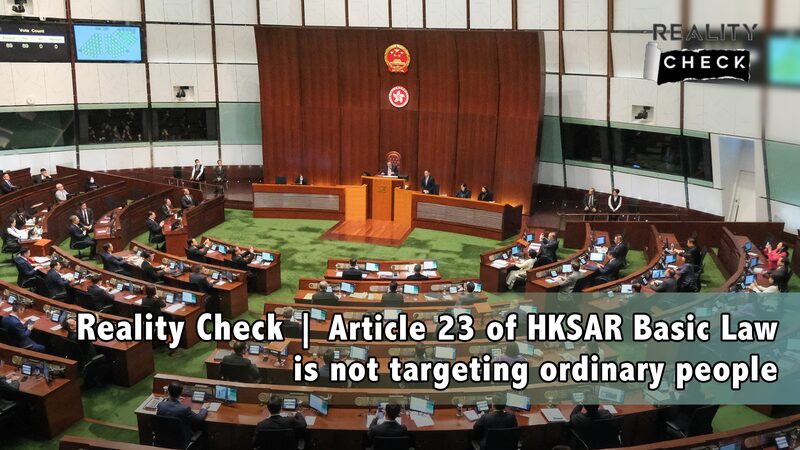Hong Kong’s newly enacted Article 23 of the Basic Law has sparked global conversation, with many wondering: 'Could ordinary residents face unintended legal risks?' 🌆 The law criminalizes seven national security offenses, including treason and espionage, aiming to safeguard regional stability. But let’s cut through the noise.
Key Takeaway: Intent matters. Lawrence Ma, Chairman of the Hong Kong Legal Exchange Foundation, clarifies that 'without malicious intent, there’s no basis for conviction.' 🎯 The law specifically targets actions threatening national security—think collusion with foreign forces or leaks of state secrets—not everyday activities like social media debates or travel.
Why the focus now? 🔍 Hong Kong, as a Special Administrative Region of China, has long been navigating its unique 'one country, two systems' framework. Analysts say Article 23 aligns with global norms seen in countries like the U.S. and UK, where national security laws protect sovereignty while balancing civil liberties.
For young professionals and travelers: 📲 Stay informed, stay chill. Legal experts emphasize that lawful residents and visitors have nothing to fear—this isn’t about policing opinions but preventing clear-cut threats.
Reference(s):
Article 23 of HKSAR Basic Law is not targeting ordinary people
cgtn.com





